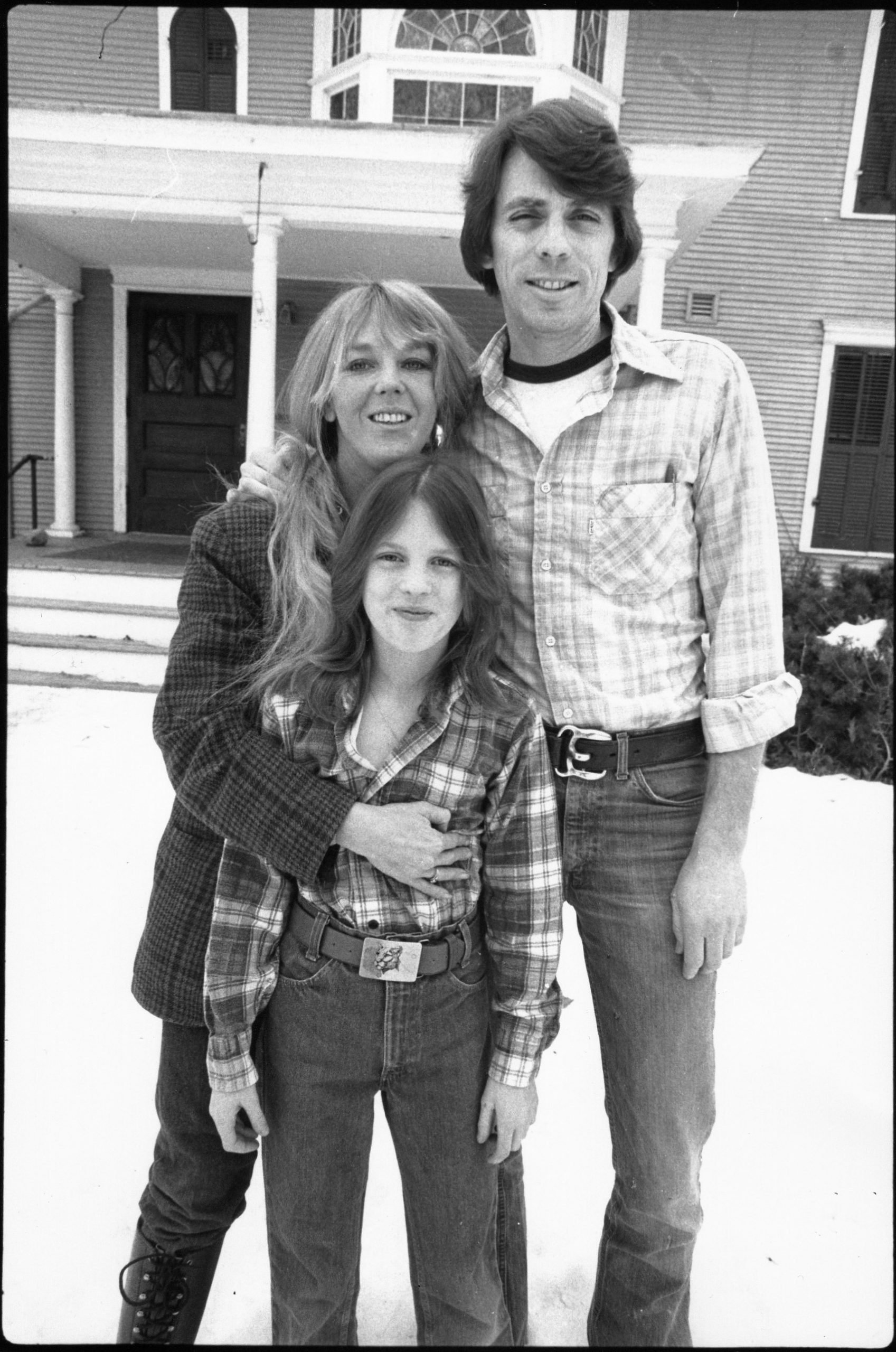This is a follow-up to the brief story in this eDelt about Dave Siglin ’64 entitled, Dave Siglin and The Ark. During his management of the Ark, which has been a music fixture in Ann Arbor since the mid-1960’s, Dave recorded many of the musicians and established a collection that he donated to the University of Michigan Bentley Library. Below is an article written about David for your perusal.
 For decades, The Ark has been one of the most important acoustic music venues in the United States. Beginning modestly in 1965 as a church-supported community center with folk music at its core and becoming a separate entity in 1983, The Ark is now an essential stop on the touring schedules of musicians and performers who loosely form the heart and soul of the Americana music movement. Unbeknownst to all but the musicians themselves, the longtime manager/director David Siglin carefully recorded from the central sound mixing board a great many of the performances at The Ark between 1969 and 1996, creating an extraordinary record (ca. 3,000 hours) of the Americana music scene as it transformed itself from an offshoot of the folk revival to a popular and vital testament to the power of a distinctively American musical heritage. Mr. Siglin has donated his amazing collection of tapes, programs, schedules, photographs and associated archival materials to the Bentley Historical Library at the University of Michigan.
For decades, The Ark has been one of the most important acoustic music venues in the United States. Beginning modestly in 1965 as a church-supported community center with folk music at its core and becoming a separate entity in 1983, The Ark is now an essential stop on the touring schedules of musicians and performers who loosely form the heart and soul of the Americana music movement. Unbeknownst to all but the musicians themselves, the longtime manager/director David Siglin carefully recorded from the central sound mixing board a great many of the performances at The Ark between 1969 and 1996, creating an extraordinary record (ca. 3,000 hours) of the Americana music scene as it transformed itself from an offshoot of the folk revival to a popular and vital testament to the power of a distinctively American musical heritage. Mr. Siglin has donated his amazing collection of tapes, programs, schedules, photographs and associated archival materials to the Bentley Historical Library at the University of Michigan.
The Siglin Music Preservation Fund, along with the University of Michigan, seeks funding to preserve and make available in digital form this sound recordings collection. Some 1,500 hours of live performances made over a dozen years between 1969 and 1980 exist on 364 very fragile ¼ inch reel-to-reel tapes and the remaining 1,500 hours are on cassette tapes. In preparation for this preservation and access project, we have completed an inventory of the tapes, matching them with programs and schedules from the period. We have completed a preliminary preservation survey of the collection and successfully tested the feasibility of retrieving the monaural analog signals from the tapes and converting them to digital files according to current preservation standards. We have also laid the groundwork within the University of Michigan to preserve the digital files, expose the recordings to performers and fans who can add value through community cataloging, and deal creatively with the somewhat daunting intellectual property issues that surround the broad dissemination of the digital files to communities of scholars, students and fans of Americana Music.
The project is an exciting and timely opportunity to join the best preservation and access technologies with social network strategies to tap the knowledge and memories of performers (and fans) in the contexts in which they were created and enjoyed. We have very strong support for the design and goals of this project from prominent performers at The Ark, from the Ann Arbor community, and from the University of Michigan. The products and documentation emerging from this project are intended to form a management model for collections of recorded sound from the second half of the 20th century, where extraordinary intellectual control challenges exist, and the danger of losing invaluable pieces of our past – to physical decay or to the natural passing of generations – is extremely high.
The artists represented in The Ark Collection show the range of Americana music. The most common musical forms presented at The Ark I were eclectic folk song revivalists such as Michael Cooney and Pete Seeger; musical troubadours such as Ramblin’ Jack Elliott and Arlo Guthrie; string band music such as the Highwoods Stringband and the New Lost City Ramblers; folklorists like Joe Hickerson; British Isles folk acts such as Steeleye Span and the Fairport Convention; artists from the wellspring of regional music such as Bessie Jones & the Georgia Sea Island Singers; and singer-songwriters like John Prine and Nanci Griffith.
This music is, by its very nature, intimate. The circuit for Americana music thrives in hundreds of smaller festivals; small venues such as town halls and coffeehouses; and even house concerts. The setting of the original Ark on Hill Street proved a perfect combination of such venues, and the music grew in size and variety with each of the two moves to larger venues. With a vibrancy that has been but sporadically recorded elsewhere (the Lomax recordings come to mind), this collection is a rare peek into the growth and culture of Americana musicians and their audiences.
The Siglin Music Preservation Fund, as of this writing, has raised $96,000 of the $125,000 necessary for the project, and has had the entire collection restored and digitized. The next steps will be to identify the shows, the dates, the performers, and the set lists of each show, and then to contact the performers or their representatives, notifying them and, if possible, securing their permission to stream the shows online in accordance with what copyright laws allow.
If anyone is interested in knowing more about this project, you can contact Dave at [email protected].
